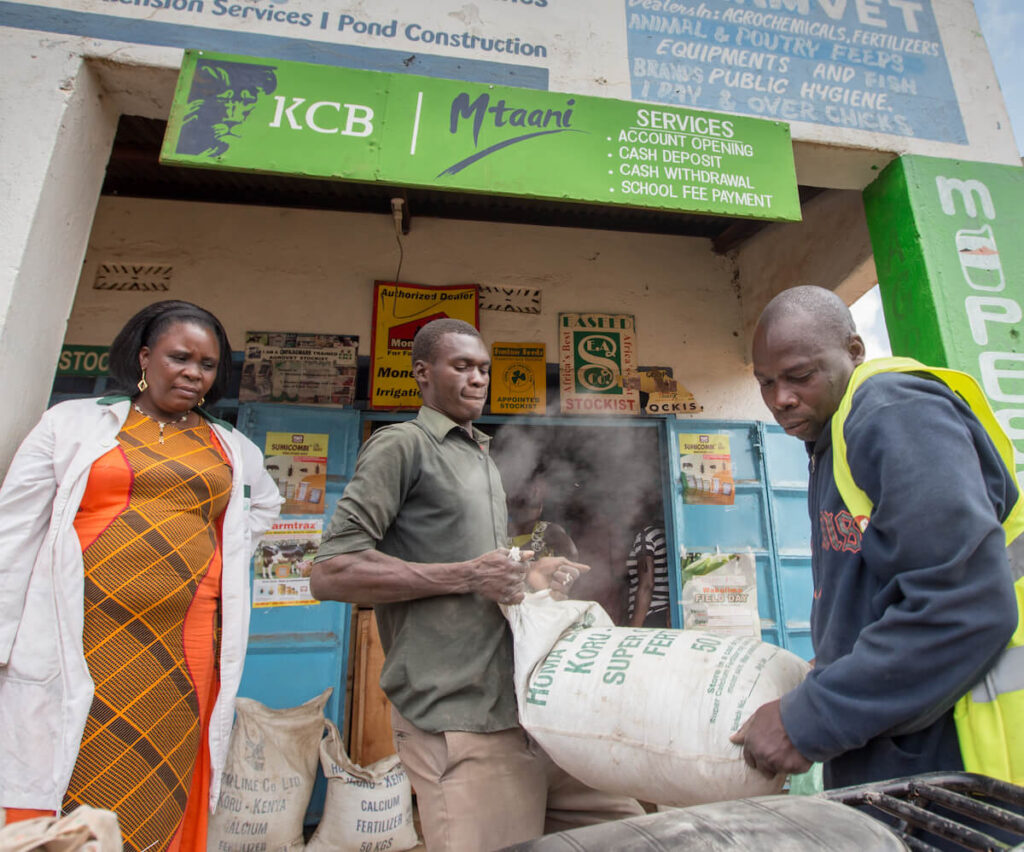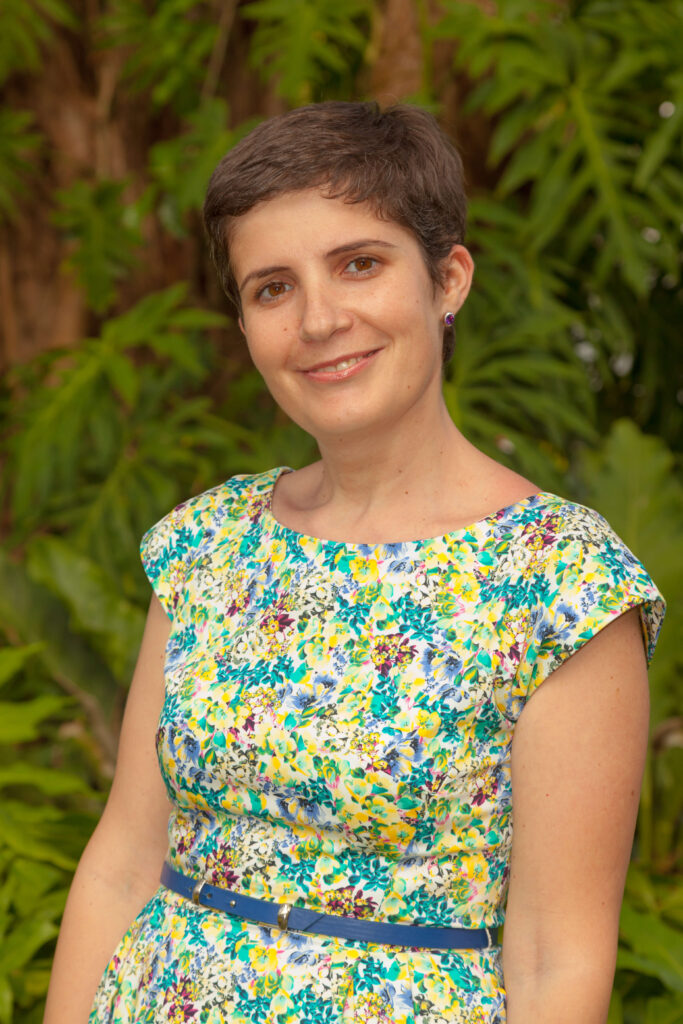
Saida, a founder of an agricultural enterprise, started as a farmer in central Uganda growing sorghum, millet, and rice. A few years ago, she decided to buy equipment to process her crops. Demand increased, and she began buying raw materials from others and processing them as well, slowly growing her business year after year. Saida is now ready to grow even more: her plans include hiring more laborers, renting more storage units, and possibly buying a small plot of land from a neighbor.
Things are looking up for Saida and her family, but there is one challenge she has not yet overcome: financing for business growth. She is struggling to find a financial service provider that lends to small agricultural businesses and understands the opportunities that agriculture brings.
Agriculture plays a significant role in the GDP of Uganda, and ABC Finance, a lender operating in the country, sees broad investment potential. However, ABC Finance finds it challenging to lend to small, agricultural businesses because they cannot confidently measure the risks involved. They request a lot of information upfront to better understand these businesses, but oftentimes these small business owners are not able to provide sufficient documentation to move forward. As a result, ABC Finance continues to finance its existing pool of agricultural businesses, primarily those working with cash crops and in formal markets that request large loan amounts. Moreover, as a result of COVID-19, ABC Finance is focused on renewing loans for existing partners and only financing a limited number of new agri-SMEs because ABC are not able to conduct thorough, on-site due diligence.
A $65 billion financing gap for agri-SMEs means three out of four agri-SMEs don’t have the necessary finance to grow.
Businesses like Saida’s are not alone in their struggles to secure loans. There is an estimated USD $65 billion financing gap for agri-SMEs, which means three out of four agri-SMEs don’t have the necessary finance to grow. For those agri-SMEs that make it to a lender’s radar, CFI and SCOPEinsight research found that lenders spend an inordinate amount of time and resources sourcing businesses and assessing their bankability, making the process of pre-screening and assessment expensive and leaving out the opportunity for many agri-SMEs to receive lending.
Given some of these limitations, how can ABC Finance easily determine if Saida runs a “bankable” agri-SME?
The Challenges of Determining an Agri-SME’s Bankability
In 2020, CFI and SCOPEinsight, as part of our partnership with AGRA, researched over 90 lenders and industry actors and mapped SCOPEinsight and CSAF data to understand the driving factors behind the significant financing gap. Our research pointed to information – the information requested by lenders and the ability of agri-SMEs to provide information to lenders – as one of the most important obstacles to assessing the creditworthiness of agri-SMEs.
Lenders tend to gravitate toward larger businesses and stick with lending to businesses they already know.
Lenders typically collect a long list of information during the pre-due diligence (i.e. screening) phase of a deal. That information often includes generic business metrics and other metrics related to the agriculture sector or social and environmental impact. Many agri-SME’s, particularly smaller enterprises and those that operate in informal markets, struggle to provide formal documentation of their business activities. This is further complicated by the fact that the type of information requested varies significantly from lender to lender, making it difficult for agri-SMEs to prioritize what they should be documenting. As a result, lenders tend to gravitate toward larger businesses operating in formal markets and stick with lending to the businesses they already know.
Bankability Metrics Address the Information Obstacle
To address this information challenge, we developed a set of standardized bankability metrics that can serve as a common language between lenders and agri-SMEs. The metrics are intended to be used during pre-due diligence, providing lenders with an overview of the agri-SME’s activity that is enough for them to decide whether to continue with due diligence or not. At the same time, standardized metrics will provide agri-SMEs with clear expectations about lenders’ requirements and help them prepare for an assessment more quickly and efficiently. The metrics will reduce the time needed to conduct pre-due diligence and open opportunities to expand lending to the many high-potential agri-SMEs that currently struggle to secure financing.
The bankability metrics focus on business activity, financial performance, management capacity, and governance. The team analyzed the wide variety of metrics used by lenders to identify metrics with the greatest common ground and those that are most effective in screening for creditworthiness. Each lender has a unique risk appetite, so the metrics do not identify benchmarks for bankability, but rather provide a common set of metrics whereby each lender can apply their own assessment to determine creditworthiness.
Putting the Metrics Into Practice
After adopting the bankability metrics, ABC Finance’s loan officer is now able to provide Saida with clear lending requirements and request her to submit the information required. Alternatively, lenders can use a service provider to adopt the metrics if working directly with agri-SMEs is not an option. Once Saida submits the information, ABC Finance can quickly assess her business’ bankability and decide whether to move on to due diligence or not.
Though Saida is a fictitious character, the challenges faced by agri-SMEs like hers are very real. Clear and consistent information requirements by lenders can increase the flow of capital to agri-SMEs, which will have a direct impact not only on Saida’s business but the smallholder farmers and other businesses in her network. Adopting the bankability metrics will allow lenders to improve agri-SMEs’ access to finance.
Want to know more? Read the February 2021 publication, Mobilizing Agricultural Finance: Toward a Common Language Between Lenders and Agri-SMEs in Sub-Saharan Africa.










